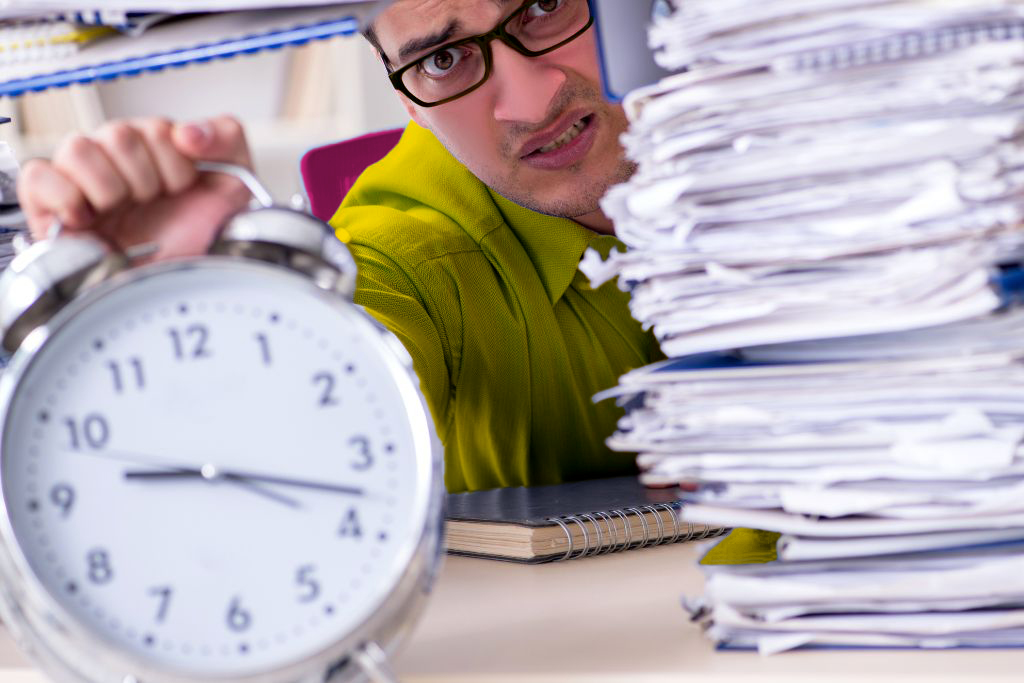Productivity is defined as the amount of output generated for every hour of work completed. Under this definition, workers today are amongst the hardest-worked people in history, while also being the most efficient. While this is true, for more than a decade now, productivity has remained stagnant while it feels like we are operating at full capacity. We cannot possibly be more available or work more hours. There is a conundrum for leaders today, how might we increase the productivity of our workers, while also improve our overall working experience at the same time.
While working conditions have become better, the challenges and stresses people face have simply morphed. Workers in the industrial revolution faced the challenges of imminent danger, unclean and cold conditions and the physical ramifications of more labour intensive work. Workers today, whilst luxuriating in the warmth and comfort of state-of-the-art air-conditioned offices, have different kinds of pressures. In the corporate world for example, despite the efforts for ‘work life balance’, our ‘busy’ and technologically advanced culture has set the precedent of being on call all the time, while under the guise of being a professional ‘team player’, dedicated to one’s job. Gone are the days of leaving the office, hanging up your hat and switching off until 9am the following morning. Gone are the days of the good old ‘nine to five’, the 40-hour work week. Working from home has greyed out the divide between work and non-work time even more. People can check their emails before getting out of bed in the morning and be reachable on their phones 24/7.
We are working more than ever before
In 1960, around 25% of households were dual-income, many of which were young couples without children. Today, over 60% of families have two or more income earners. Couple this with working longer hours, spending more time commuting and the fact that there is not a dedicated home-maker looking after household chores, our spare time is much less than it ever has been and is often spent on household chores.
The 40-hour work week was designed to split each day into 3 chunks; 8 hours for work, 8 hours for leisure and 8 hours for sleep. This has changed significantly today, where the reality is more like 9 hours of working, 2 hours of commuting, 2 hours of contributing to household chores and 7 hours to sleep. Throw in the fact that technology allows you to be on-the-ready to tackle a work emergency at any time.
There’s no question, the workforce of today is working longer and harder than ever before. While we are more productive, the more important question is, does this level of productivity in fact make our society more prosperous?
The answer? Not really… As it turns out, the nations with the lowest working hours are actually the wealthiest per capita. Germany for example, is the wealthiest nation in Europe but the average working hours are much less than less wealthy countries like Mexico. In Germany, you go to work to ‘work’. Lunch breaks are short, team bonding activities are minimal and once you clock off, you don’t clock back on until the next day. This work culture can be seen as being a direct result of the non-customer-centric business culture, whereby businesses don’t have the same on-demand culture that exists in other countries like America. In Germany, the customer is not always right, the customer is not put on a pedestal and businesses do not bend over backwards to ensure the customer has everything they need here and now. In Germany the hustle culture is not revered to the extent it is in other nations. Working overtime is seen as the result of being unproductive in your work hours rather than being a dedicated team-player. Workers in Germany produce more output despite working less hours. They have more free time to spend their earnings at businesses like shops and restaurants. This more free time means the businesses have less ‘here and now’ demands from customers.
Less worked individuals are more rested and refreshed. This means they are more efficient in the hours they do work. Giving people more leisure time, benefits the whole economy. We have fallen into the trap of minimising our free time. This puts pressure on our whole economy.
So, what’s the solution?
There is no easy place to start as this hustle society is ingrained in our culture. Perhaps it’s time to eliminate the high levels of entitlement we have as consumers. Perhaps we should revert to a culture where shops are closed on Sundays, you don’t have your online orders dispatched within 24 hours and if you want to buy something you don’t have the cash for, you wait until pay day rather than downloading an app to get it right now. Leaders need to be aware of the implications to productivity that working longer and harder has on their business, not to mention the mentality of their employees. I think it begins with an awareness of the bigger picture. Let’s explore this more next time.
In the meantime, could your leadership team benefit from one of my tailored workshops? Please get in touchtoday. I’d love to help!
